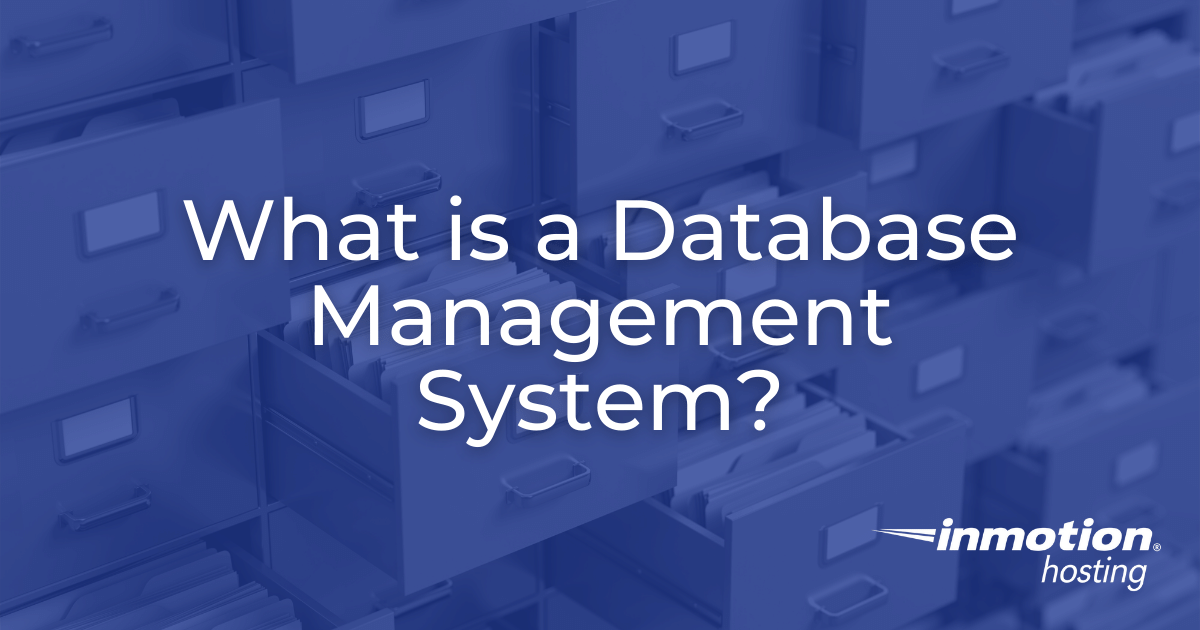Data collected on consumers, their preferences, trends, and other aspects of the contemporary digital economy are a goldmine for businesses. The need for a secure location to store all this data is central to the situation, as it must be stored before it can be analyzed and utilized to inform strategic business decisions.
A database catalog is a secure and practical method for storing and organizing data. Since the database enables users to perform data querying, sorting, and manipulation swiftly and easily, it is an essential component of the information technology infrastructure of every modern business. As a system administrator, it is your responsibility to guarantee that this vital asset is always operating at optimal performance. Even a slight decline in performance can devastate the bottom line of your company.
Due to the time-consuming and error-prone nature of doing so manually, a number of automated solutions are available to provide immediate insight into the performance of your databases. To improve response time and efficiency and reduce downtime, they measure various database characteristics and the instruments that utilize them.
What are the characteristics of database tools?
The term database tools encompasses all the programs, scripts, and scripting languages used to administer databases. It describes various programs for database management. There is no single database quality tool that can manage all of a database administrator’s responsibilities, but there are a number of tools that perform many of the same functions.
Which database utility is superior?
MySQL is among the most efficient database management utilities.
Microsoft SQL Server Management Studio. SQL Server Management Studio is the finest option when it comes to database management tools.
Oracle RDBMS.
Visual Studio Code.
ESM Utilities.
Considerations to make when selecting the optimal Database utility
Since there are numerous options for database administration, it may be difficult to choose one. Here are the most important factors to consider when purchasing a database application.
Question at present
The majority of the time, individuals seek out database lineage tools because they have encountered a problem that needs to be resolved. It is also conceivable that you are keeping a close eye on your database to prevent this type of problem from occurring in the first place.
Priority should be given to the problem you’re attempting to solve, as this will dictate the instruments you select. As previously discussed, not all database tools are created equivalent; therefore, you should choose a device designed to address the issue you are experiencing.
For instance, if your database is fragmented, you could benefit from using specialized software to repair it.
Read Also: Timing and a constant focus on the future are crucial to Drift Boss success.
Database structure
The database management system’s architecture may also vary from company to company, as well as from department to department and even project to project. By familiarizing yourself with the database’s structure and any potential issues it may present, you can decrease the amount of time spent seeking for the appropriate tool.
Functionality
Administration of a database management system (DBMS), visibility into key performance indicators (KPIs), and the construction of tables, among other tasks, require specialized database management system (DBMS) tools. Ensure that this feature is included in the program you choose.
The centralized nature of the DBMS facilitates information sharing between users in different locations. In addition, the DBMS can regulate the level of access each user has to data and the actions they are permitted to take. There are numerous database management systems available.
The DBMS allows users to store either logical or physical data. Consequently, consumers do not need to be concerned about data structure or location. When using an API, for instance, the programmer is relieved of the burden of making manual modifications. Instead, it mechanically modifies the database.

Operating system
Not all operating systems are compatible with all database management applications. In other words, you should consider whether your prospective database tool will be compatible with your preferred operating system. Consider the precise variants when making a decision.
If your organization utilizes multiple versions of an operating system, it may be advantageous to adopt a product that is compatible with multiple platforms.
Integration
As essential as the OS itself is database compatibility. Integration of other tools with your DBMS may be challenging and may necessitate additional effort on your part, including the writing of code. Check for database-specific tools or utilize the vendor’s integrated tools if you prefer to avoid additional work. This becomes significantly more crucial if your organization utilizes multiple specialized DBMSs.
Vendor-specific
The majority of DBMS suppliers provide database utilities that are compatible with their products. These utilities simplify the integration process with your database and allow you to maximize the database’s resources. Adopting such an integrated strategy may also enhance the efficacy of a database.
Individual installation
Some database utilities must be installed separately for each DBMS, whereas others can be used with a single copy. The second option is preferable because it is simpler to implement, requires less time overall, saves money, and facilitates the transmission of data between various database management systems.
These are some of the most important considerations when choosing an instrument. If there is a problem with your database, you should be prepared by stockpiling the necessary equipment. It is possible to reduce the frequency and severity of DBMS outages when issues reported by monitoring systems are resolved promptly.
Consider the aforementioned factors when looking for database monitoring and administration software. By assembling a comprehensive collection of database tools to administer the various components of your database management system (DBMS), you can ensure that you always have access to the tool that is most suitable for the current task.
Conclusion
Database utilities provide real-time visibility into database performance and facilitate the creation, management, modification, and deletion of databases. Regardless of their differences, you need a collection of them to ensure that your database is always operating efficiently.
